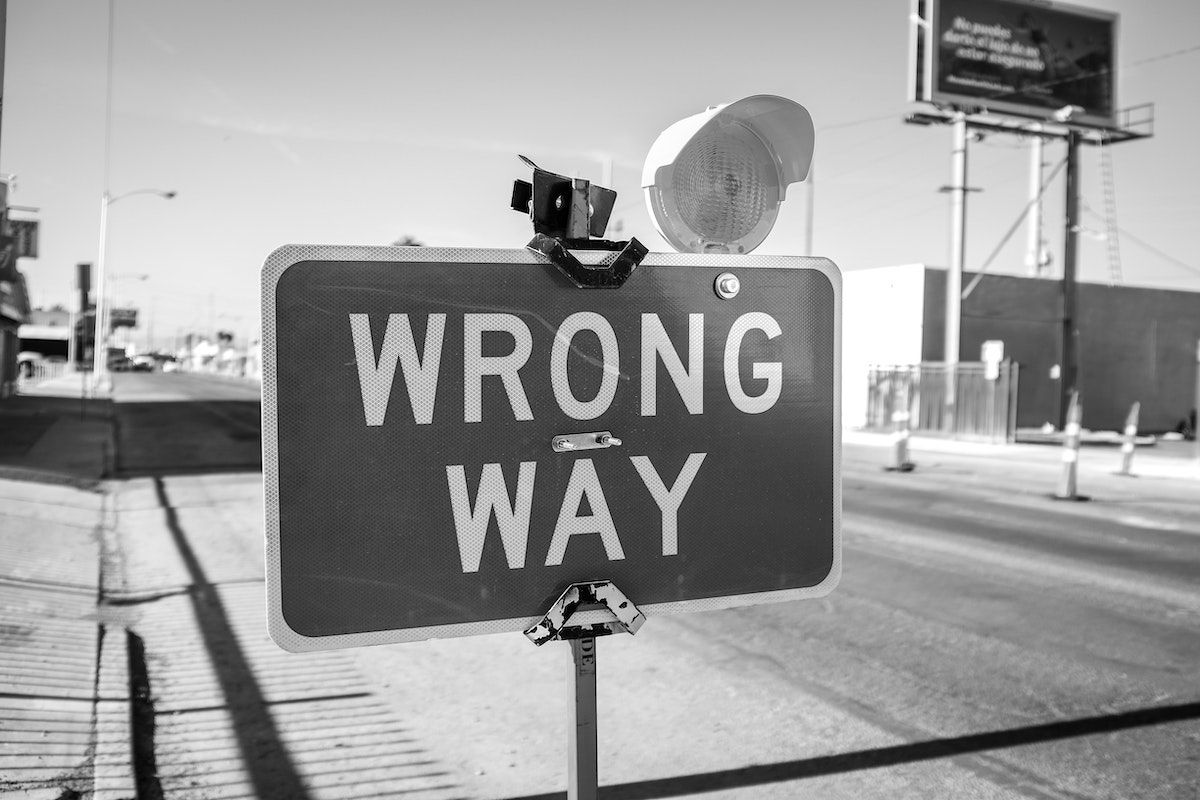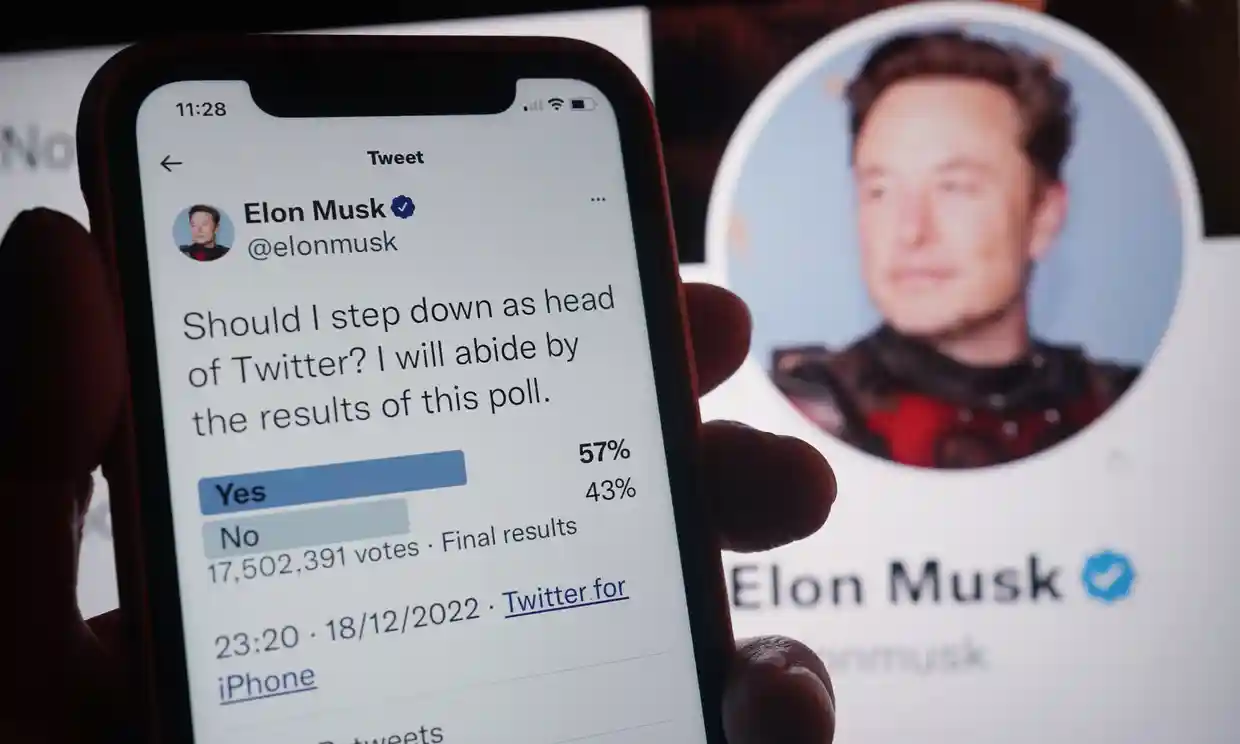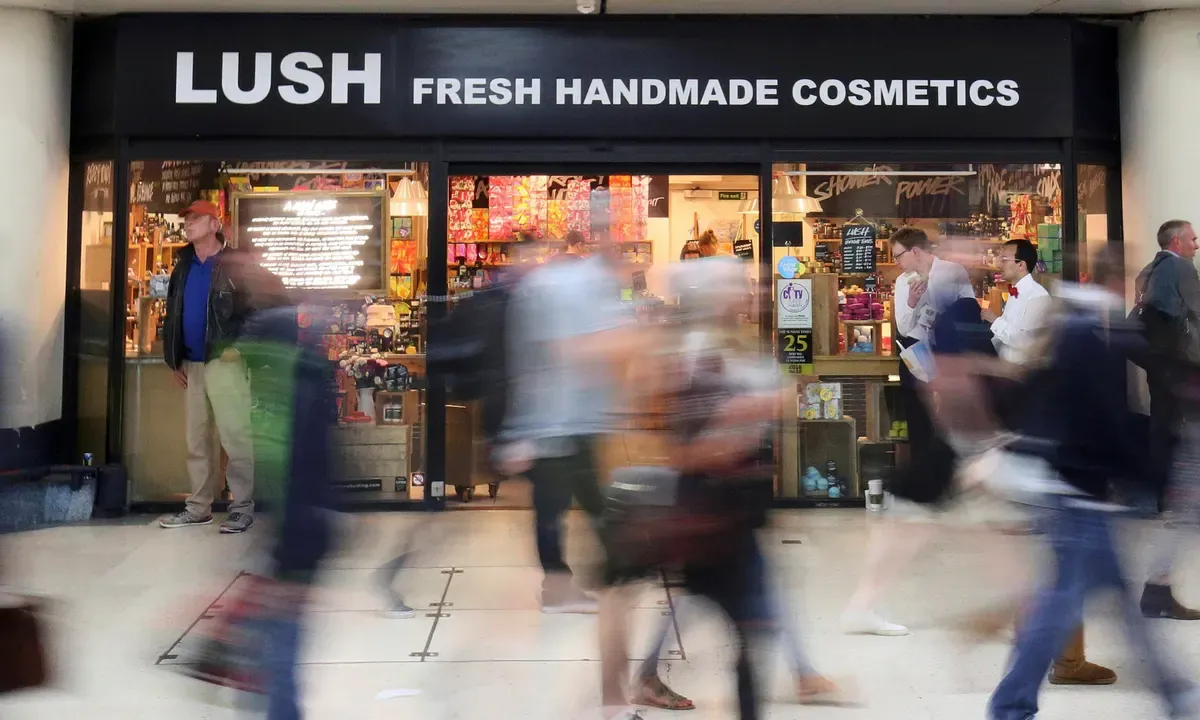Consequence management
Bland choices made in the boardroom can have more of an impact on a brand that which ad agency to hire.

Increasingly things that didn't really matter that much in the past - now seem to matter a lot more.
As much as marketers and brand managers would prefer to keep the customer's focus just on what matters and what is controllable; attention in a hyperconnected world can easily be redirected to the consequences of decisions and actions that organisations take.
Sometimes the outcomes are dramatic.
For example:
Does it really matter who the CEO of a company is?

It would seem that if asked, a lot of customers may have strong feelings about this one.
Of course it depends on the brand in question, but the people that run a company, and their style of doing so, is an important strategic choice.
Does it really matter where a company places its ads?

When ethical boundaries are crossed and by supporting ad platforms that wilfully cover up their knowledge of harm has a possible consequential negative effect on your own brand image - yes.
Value chains - including promotional service providers - are an extension of a brand that customers often see support of as a values-based judgment by that brand. Reputational risk is not just contained to the image of company owned assets alone.
Does it really matter who the shareholders are?

For some, share ownership is aligned with national pride. Bringing a business back into 'local hands' is sometimes seen as a signal for renewed consumer interest.
The 'buy local' trend is another manifestation of this realisation that the benefits of economic growth can also be extracted from local communities and repatriated to parts of the world that are less favourable.
Does it matter how competent your marketing legal team is?

100% it matter a great deal. Just ask H&M and Guess.
Don't hire juniors when it comes to understanding the legalities of your promotional campaigns.
Does it really matter how a business model is structured?

Yes it does - it can make or break a business.
The consequences of Shein's business model choice has made it the biggest fashion retailer in the world, but also puts it at huge risk should customer sentiment turn against it.
Clearly the outcome produced is complex and is a result of the underlying consumer mindset in which it operates, but is out of Shein's control and can dramatically swing either way.
The point is that backend, operational-type choices and decisions don't stay neatly hidden behind-the-scenes of a brand anymore.
You won't find them in a traditional marketing text book, but they are affecting the public image of these brands is a big way.
That's really why ultimately the CEO and the entire executive team are actually the custodians of the brand, not the person instructing the ad agency and spending money on PPC.

